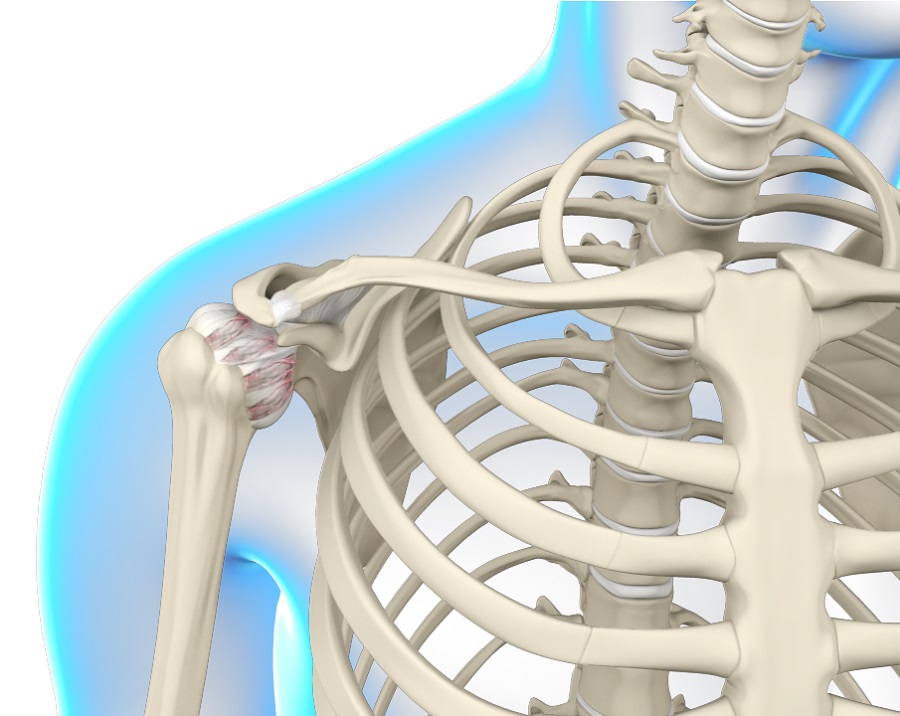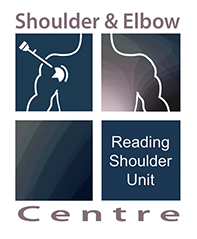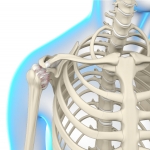
Frozen shoulder is a painful condition that commonly occurs in the age group of 40-60 years and usually affects the non-dominant shoulder. The condition is characterized by pain, stiffness, and limited range of motion of the affected shoulder joint. If untreated, these symptoms can last for 2-3 years.
The condition is thought to occur due to development of scar tissue on a thin capsule that surrounds the joint. This causes it to thicken, shrink and stiffen which is why the condition is also called adhesive capsulitis. What causes scar tissue to develop is not exactly clear, but a frozen shoulder can occasionally occur following a shoulder injury or surgery.
The shoulder is a complicated joint which allows movement in many directions. It does not have a very strong bony support and as a result is sometimes prone to injury. Although all shoulder injuries do not result in frozen shoulder, it is important to mobilize the shoulder following an injury to decrease the likelihood of developing a stiff shoulder joint.
Reading Shoulder Unit, Shoulder & Elbow Centre offers treatments that help alleviate shoulder pain and restore as much range of motion in the shoulder joint as possible. Your doctor or therapist can recommend exercises to help recover mobility without causing further injury. Pain relievers and anti-inflammatory medications are prescribed to reduce pain and inflammation. Warm and cold compresses help ease your symptoms. Your therapist may recommend use of a TENS machine (helps block the pain fibers) to ease pain. Administration of a steroid injection into or near to the shoulder joint provides a strong anti-inflammatory action and brings relief of symptoms. Manipulation of the joint under anesthesia by a trained expert helps release the stiffened joint.
Most individuals with a frozen shoulder can improve their condition with non-surgical treatment. It is recommended that you seek consultation with a physician in order to prevent permanent pain and stiffness.

